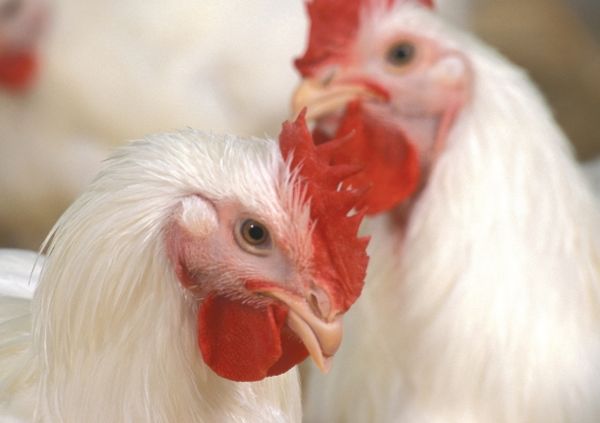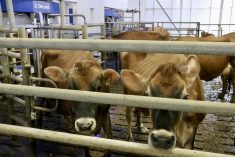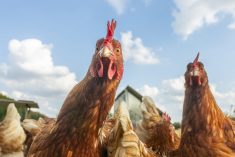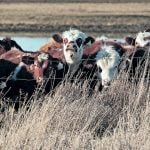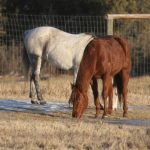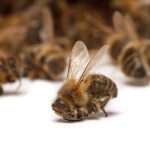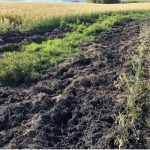Geneva | Reuters — The risk of human-to-human spread of the H5N8 strain of bird flu appears low after it was identified for the first time worldwide in farm workers in Russia, the World Health Organization (WHO) said on Friday.
A separate influenza strain, H1N1, that emerged from pigs and spread rapidly worldwide among humans led the WHO to declare an influenza pandemic in 2009-10. The outbreak turned out to be mild among humans.
Read Also

Nebraska soy, Indiana corn show best potential in years, crop scouts say
Nebraska’s soybean pod count is the highest in at least 22 years, and its corn yield potential is the strongest in four years, scouts said on Tuesday during the second day of Pro Farmer’s annual tour of major grain-producing states.
Russia registered the first case of a strain of bird flu virus named influenza A (H5N8) being passed to humans from birds and has reported the matter to the WHO, Anna Popova, head of consumer health watchdog Rospotrebnadzor, said on Saturday.
Seven people in Russia were found to be infected with H5N8, but all were asymptomatic following an outbreak on a poultry farm in the southern oblast (region) of Astrakhan, a WHO statement said. The death of 101,000 of the farm’s 900,000 egg-laying hens in December had sparked the investigation, it said.
“All close contacts of these cases were clinically monitored, and no one showed signs of clinical illness,” it said. “Based on currently available information, the risk of human-to-human transmission remains low.”
The WHO advised against any special traveller screening at points of entry or restrictions on travel and or trade with the Russian Federation, it added.
Outbreaks of the H5N8 strain were reported last year in poultry or wild birds in Britain, Bulgaria, the Czech Republic, Egypt, Germany, Hungary, Iraq, Japan, Kazakhstan, the Netherlands, Poland, Romania and Russia, according to WHO.
The WHO statement said that developing zoonotic influenza candidate vaccine viruses for potential use in human vaccines remains an essential part of WHO strategy for influenza pandemic preparedness.
— Stephanie Nebehay reports on international health issues for Reuters from Geneva.

